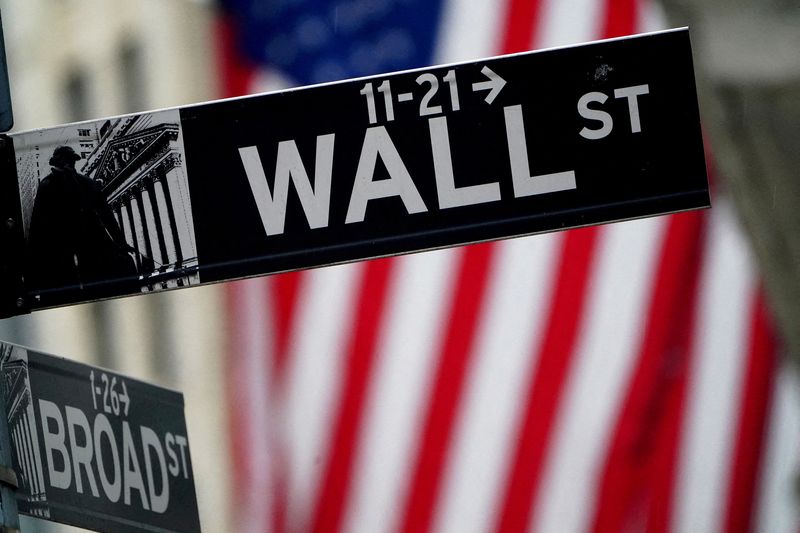NEW YORK (Reuters) -Private equity and hedge funds cautioned on Thursday that a proposed U.S. tax increase on carried-interest income could potentially hurt small businesses and big investors, such as endowments, foundations and pension funds.
Carried interest refers to a longstanding Wall Street tax break that let many private equity and hedge fund financiers pay the lower capital gains tax rate on much of their income, instead of the higher income tax rate paid by wage-earners.
A change in the tax rule, which has been discussed for over a decade, would raise $14 billion, according to senators.
"Over 74% of private equity investment went to small businesses last year. As small business owners face rising costs and our economy faces serious headwinds, Washington should not move forward with a new tax on the private capital that is helping local employers survive and grow," Drew Maloney, president and chief executive of the American Investment Council.
The Managed Funds Association (MFA) said pension funds, endowments and foundations' $1.5 trillion investments in hedge funds and other alternative asset managers help them achieve better performance.
"It is crucial Congress avoids proposals that harm the ability of pensions, foundations, and endowments to benefit from high value, long-term investments that create opportunity for millions of Americans," said Bryan Corbett, MFA president and CEO.
A potential tax hike would mainly affect private equity and hedge fund managers compensation, which is largely tied to the performance of the funds.
Under the proposed rules, a carried-interest would apply for investments only after five years, two more than the current rule. However, Alex Farr, a tax partner at law firm McDermott Will & Emery, said the proposal also closes some other loopholes.

"There are some pretty material changes that severely limits some of the tax planning opportunities that people had been using to date to try to get around the holding period rules that have been put in place," said Farr.
The carried-interest tax hike is part of the Democrats' broad proposals to increase taxes on corporations and wealthy individuals to finance new spending on energy, electric vehicle tax credits and health insurance investments.